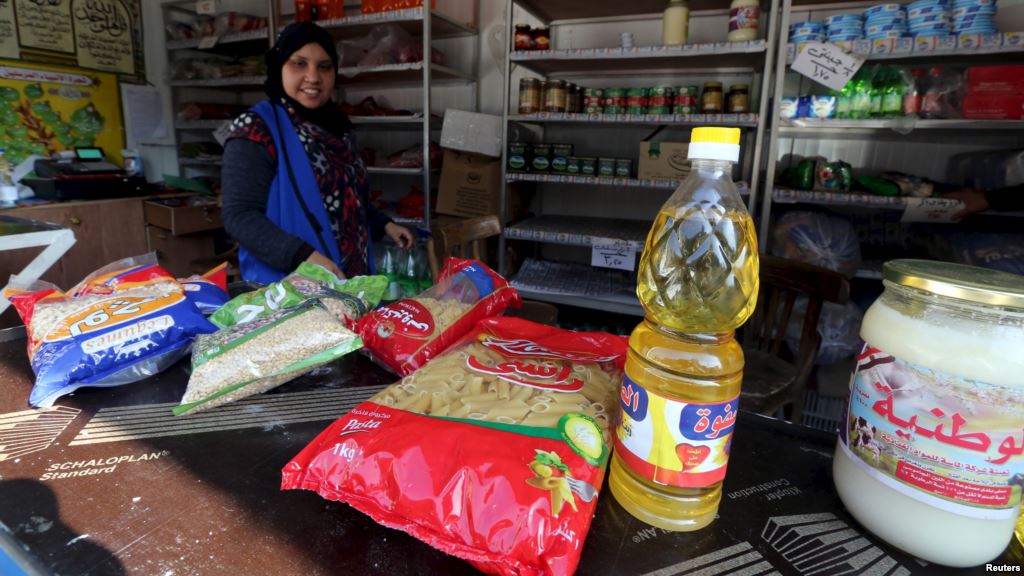Egypt’s cabinet of ministers approved the issuing of an EGP 8 billion fund to subsidize goods for low-income citizens, according to a statement published on the cabinet’s website on Wednesday.
The decision came as an “emergency measure” aimed at stabilizing the prices of basic goods in the market.
Speaking at the weekly cabinet meeting, supply minister Khaled Hanafy also said that the system for selling and distributing bread is currently being developed, in addition to implementing a points system that will give citizens access to basic goods free of charge.
Inflation in Egypt has been on the rise in recent years, as the country continues to struggle with difficult economic conditions, particularly a hard currency crisis compounded by the waning of the tourism industry.
However, the government has been working towards policy reforms – most notably slashing and reforming subsidies – in efforts to remedy the problems crippling the country’s economy.
In 2014, President Abdel Fattah Al-Sisi made the controversial decision to slash energy subsidies overnight, leading to drastically higher prices of fuel, angering several segments of the population, including taxi drivers and transport workers, as well as regular consumers. Defending the move, Sisi said the subsidies had failed to reach the people who they were aimed to help and instead mainly benefited the rich.
Former president Hosni Mubarak was careful not to touch the subsidies, being acutely aware of the potential danger such a move could pose to the stability of his regime.
In 1977, president Anwar Sadat slashed subsidies on basic foodstuffs, sparking a massive “bread uprising”, which was only ended with the deployment of security forces to the streets and the reenactment of the subsidy regime. Since then, Egypt’s leaders have been wary to raise prices on staples.







Comment (1)
[…] this year, the cabinet approved the issuing of an EGP 8 billion fund to subsidize goods for low-income citizens as an “emergency measure” aimed at stabilizing the prices of […]